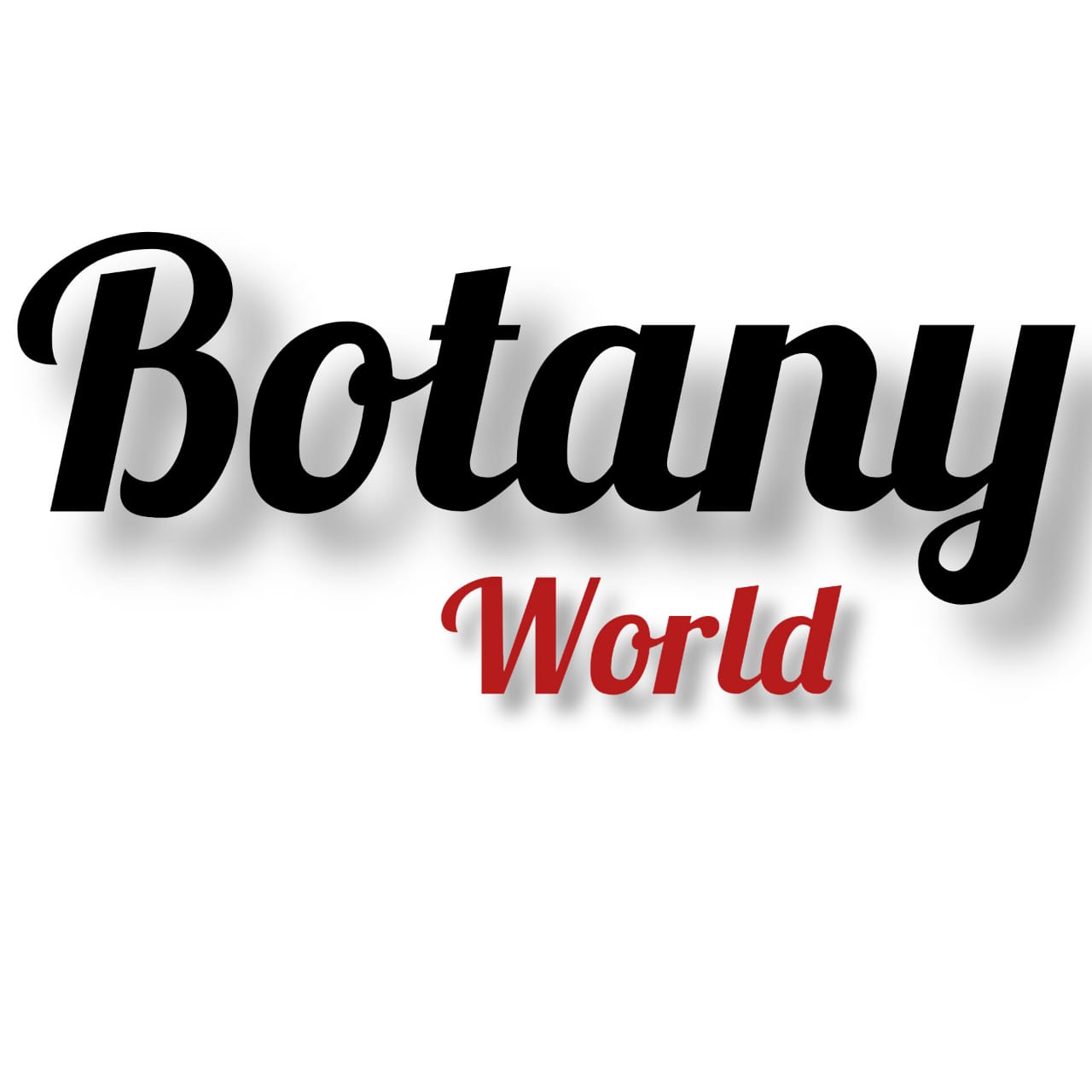Escherichia coli (E.coli) O157
Introduction
Escherichia coli (E. coli) is a diverse group of bacteria commonly found in the intestines of humans and animals. Most types of E. coli are harmless and beneficial, aiding digestion and other bodily functions. However, there are some strains, including Escherichia coli O157:H7, that can cause serious illness in humans. E.coli O157:H7 is a specific strain of Escherichia coli known to produce toxins that can cause serious foodborne illness. “O157” indicates a specific type of lipopolysaccharide antigen present on the surface of bacteria, while “H7” indicates a specific flagellar antigen. These antigens are important for the identification and classification of different strains of bacteria. This species has received significant attention due to its association with foodborne illness outbreaks, particularly from the consumption of tainted ground beef and other undercooked or improperly processed food products. coli O157:H7 infection can cause symptoms such as severe abdominal pain, diarrhea (usually bloody), vomiting, and sometimes fever.
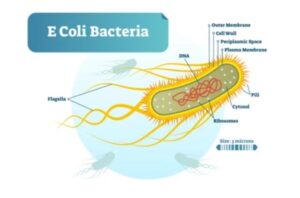
In some cases, the infection can develop into a more serious condition called hemolytic uremic syndrome (HUS), which can cause kidney failure and other complications, especially in young children and the elderly. Prevention of E. coli O157:H7 infection includes taking proper food safety precautions, such as cooking meat thoroughly, preventing contamination between raw and cooked foods, and good hygiene during food preparation. Maintaining health. In addition, consumption of unpasteurized dairy products and contaminated water sources should be avoided to reduce the risk of infection. Health authorities and food regulators closely monitor and manage E. coli O157:H7 to prevent the spread and ensure public safety. It is important for individuals to stay current on food recalls and recommendations to reduce their risk of developing this harmful strain of bacteria.
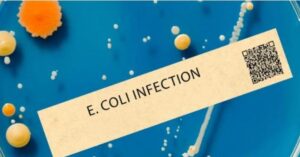
Symptoms
Escherichia coli O157:H7 infection can cause a range of symptoms that can vary in severity. Symptoms usually begin a few days after exposure to the bacteria, but can last from 1 to 10 days. Common symptoms of E. coli O157:H7 infection include:
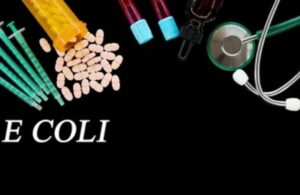
- Diarrhea: Diarrhea is a prominent symptom of an infection with Escherichia coli O157:H7. It usually starts as watery diarrhea but can progress to the bloody diarrhea that is the hallmark of this infection.
- Abdominal Pain and Cramps: Severe abdominal pain and cramps are common with Escherichia coli O157:H7 infection. The pain can be severe and accompanied by discomfort.
- Vomiting: Many people with an E. coli O157:H7 infection experience vomiting, which can lead to dehydration.
- Fever: Although not always present, some people may have a mild fever.
- Dehydration: Diarrhea and vomiting lead to dehydration. Dehydration can cause symptoms such as dry mouth, decreased urine output, and dizziness.
- Hemolytic Uremic Syndrome (HUS):In some cases, especially in children and the elderly, the infection may progress to a more serious condition called hemolytic uremic syndrome (HUS). HUS is characterized by hemolytic anemia (breakdown of red blood cells), low platelet count (thrombocytopenia), and acute kidney injury. This is a potentially life-threatening condition that requires medical attention.
It is important to note that not everyone infected with E. coli O157:H7 will experience all of these symptoms, and the severity of symptoms can vary greatly. If you suspect you or someone else has an E. coli O157:H7 infection, emergency medical care is recommended, especially if symptoms are severe or if there are signs of complications such as HUS.
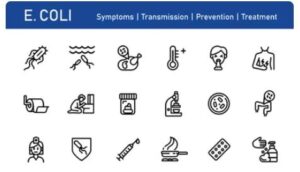
Treatment
Treatment of an E. coli O157:H7 infection is primarily aimed at managing symptoms and preventing complications, especially in more severe cases or cases that may progress to hemolytic uremic syndrome (HUS). The main aspects of the treatment are as follows:
- Hydration: Maintaining adequate hydration is critical, especially since E. coli O157:H7 infection is often accompanied by diarrhea and vomiting, which can lead to dehydration. Clear fluids, oral rehydration solutions, and, in severe cases, intravenous fluids may be needed to prevent dehydration.
- Rest and Nutritional Support: Rest is essential to help the body heal. Eating a balanced diet and eating well can support the immune system and aid in the healing process.
- Avoid antidiarrheal medications: In case of infection with E. coli O157:H7, it is generally recommended to avoid antidiarrheal medications (such as loperamide) as they inhibit the body’s ability to fight the infection. . eliminate bacteria.
- Antibiotics: In most cases, antibiotics are not routinely used to treat E. coli O157:H7 infections. The use of antibiotics can even increase the risk of complications such as HUS. Antibiotics can cause the bacteria to release more toxins that can make the disease worse. In some cases, antibiotics may be considered, such as when the infection is severe or HUS is suspected.
- Medical Supervision: Close medical supervision is essential, especially if symptoms are severe or if there are risk factors for complications. Medical professionals will assess the patient’s condition, hydration status, and signs of HUS progression.
- Treatment of hemolytic hemolytic syndrome (HUS): If a patient develops hemolytic hemolytic syndrome (HUS), more intensive medical care is required. This may include specialized treatment to manage complications of hemolytic uraemic syndrome, including renal function support and blood transfusions.
It is important to remember that treatment recommendations may vary depending on individual circumstances and the severity of the injury. If you suspect you have an E. coli O157:H7 infection, it is important to seek immediate medical attention. Self-diagnosis and self-treatment are not recommended, especially given the potential for complications associated with this infection.
In addition, prevention is important. Good food safety practices, such as good hand hygiene, cooking meat thoroughly, avoiding the use of unpasteurized dairy products, and avoiding cross-contamination in the kitchen, can reduce the risk of E. coli O157:H7 infection.
Prevention
Preventing the spread of E. coli O157:H7 in your home is critical to protecting yourself and your family from infection. These bacteria can cause foodborne illness, so it is important to follow proper food safety and hygiene procedures. Here are some steps you can take to prevent the spread of E. coli O157:H7 at home:
- Hand hygiene: Wash your hands thoroughly with soap and water before eating, after using the toilet, and after touching animals. Proper hand washing helps prevent bacteria from your hands from contaminating food and other surfaces.
- 2. Food preparation and cooking: Follow safe food handling practices when preparing and cooking food. This includes thoroughly washing fruits and vegetables, using separate cutting boards for raw meats and produce, and cooking meats at recommended internal temperatures.
- 3. Cook ground beef thoroughly: Make sure ground beef, such as ground beef, is cooked to an internal temperature of at least 71°C. Use a food thermometer to check for doneness.
- Prevent Cross-Contamination: Prevent cross-contamination by keeping raw meat separate from other foods, especially ready-to-eat foods. Use separate cutting boards and utensils for raw and cooked foods.
- Use pasteurized dairy products: Only use pasteurized dairy products. Avoid using unpasteurized milk and other dairy products as they may contain harmful bacteria.
- Practice Safe Water Treatment: Ensure that drinking water is safe by using a reliable source or, if necessary, appropriate water treatment methods.
- 7. Proper food storage: Refrigerate perishable foods immediately and ensure they are kept at an appropriate temperature to prevent bacterial growth.
- Avoid undercooked foods: Avoid eating undercooked or raw eggs, meat and seafood as they can contain harmful bacteria.
- Hand sanitizer: While washing hands is ideal, hand sanitizers that contain at least 60% alcohol can be used as a temporary measure when soap and water are not readily available.
- Proper cleaning: Regularly clean and disinfect kitchen surfaces, countertops, utensils, and cutting boards to prevent the build-up and transfer of bacteria.
- Safe pet care: If you have pets, keep your pets well groomed and wash your hands after handling your pets. Avoid pets licking your face or anything that touches the food.
- Handle food safely while camping: When camping or hiking, be sure to handle food safely by properly refrigerating perishable foods and using clean water sources.
By consistently following these precautions, you can significantly reduce the risk of spreading E. coli O157:H7 and other harmful bacteria in your home and ensure the safety of your food and your family.
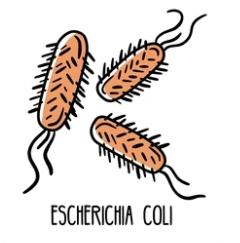
Conclusion
Finally, Escherichia coli O157:H7 is a strain of Escherichia coli bacteria notable for its potential to cause serious foodborne illness. While most strains of E. coli are harmless or even beneficial, E. coli O157:H7 produces toxins that can cause a variety of symptoms, including severe abdominal pain, bloody diarrhea, vomiting, and in some cases, hemolytic uremic syndrome (HUS). a potentially life-threatening condition.
Careful food safety and hygiene measures must be taken to prevent the spread of E. coli O157:H7, both in the kitchen and in everyday life. Cooking beef thoroughly, avoiding cross-contamination, washing hands properly, and using pasteurized dairy products are important steps to reduce the risk of infection. Adequate hydration, rest, and medical care as needed are essential parts of managing E. coli O157:H7 infection and preventing complications.
As ongoing research and public health efforts continue to improve our understanding of these bacteria, it is important that individuals, communities and the food industry stay informed and take action. By being mindful of reporting and preventing E. coli O157:H7, we can contribute to safer eating habits and protect our health and the health of those around us.
FAQ’s
- Question: What is E. coli O157:H7?
Answer: Escherichia coli O157:H7 is a specific strain of the Escherichia coli bacteria that causes severe foodborne illness in humans.
- Question: What are the symptoms of an E. coli O157:H7 infection?
Answer: coli O157:H7 infection symptoms may include severe abdominal pain, bloody diarrhea, vomiting, and in more severe cases, possible hemolytic uremic syndrome (HUS).
- Question: How is E. coli O157:H7 transmitted?
Answer: Escherichia coli O157:H7 is mainly spread through consumption of contaminated food or water, especially undercooked meat and raw products.
- Question: What is hemolytic uremic syndrome (HUS) in relation to E. coli O157:H7?
Answer: Hemolytic uremic syndrome (HUS) is a serious complication that can result from Escherichia coli O157:H7 infection and is characterized by kidney damage, low platelet count and destruction of red blood cells.
- Question: How can I prevent E. coli O157:H7 infection at home?
Answer: E. coli O157:H7 in fed meat containing E. coli O157:H7 due to size, cross-contamination, and good feeding practices such as hand washing and production.
- Question: Are antibiotics typically used to treat E. coli O157:H7 infections?
Answer. Antibiotics are not generally recommended for the routine treatment of E. coli O157:H7 infection because they can worsen symptoms and increase the risk of complications.
- Question: What are the key steps in managing an E. coli O157:H7 infection?
Answer: Important steps include maintaining fluid intake, rest, avoiding antidiarrheal medications, and seeking medical attention if symptoms are severe or if complications such as HUS are present.
- Question: Can E. coli O157:H7 infections lead to outbreaks?
Answer: Yes, E. coli O157:H7 infections have been associated with foodborne outbreaks, often traced back to contaminated food products or unsafe food handling practices.
- Question: Is E. coli O157:H7 the only strain of E. coli that can cause illness?
Answer: No, while E. coli O157:H7 is well-known for its pathogenicity, there are other strains of E. coli that can also cause illness, but their severity and symptoms may vary.
- Question: How important is proper handwashing in preventing E. coli O157:H7 infections?
Answer: Proper handwashing is crucial in preventing the spread of E. coli O157:H7 and other infections, as it reduces the risk of transferring bacteria from hands to food and surfaces.
